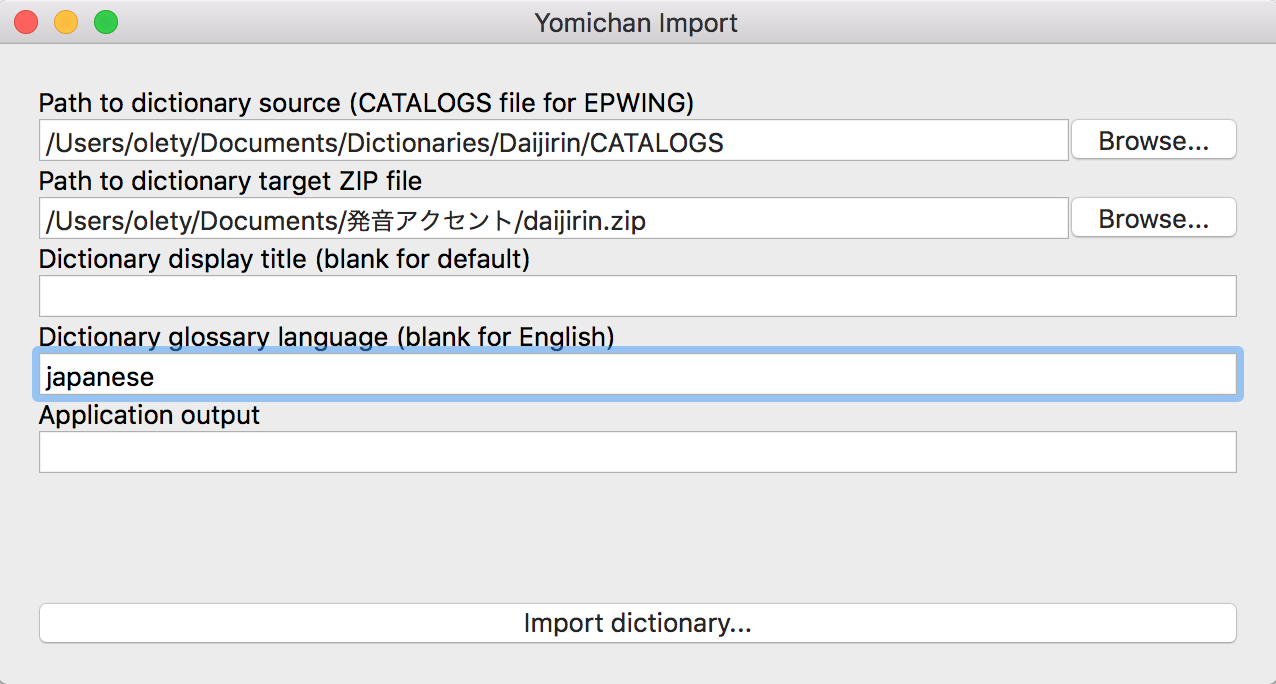

Please do not rely much on encoding AUTODETECT option, it is not perfect. On this command user must select text file and provide a proper encoding for this file. In this case "Install downloaded dictionaries' check box in Preferences should be ON.Īny text file with 0x0, 0xA or 0xD characters used as entry line delimiter may be installed using 'New Dictionary From File' command from Dictionaries Page.
#Use dic files in ebwin install#
Therefore you may install new or newer dictionary by moving dictionary file into default dictionary folder (~/Library/JEDict/Dicts/).Īll files with valid file name or extension may be installed automatically once downloaded from JEDict WEB tab.

Any dictionary file with valid name or extension is recognized automatically and indexed when necessary at JEDict startup. JEDict 4 default dictionary location is ~/Library/JEDict/Dicts/. c is TEXT-type, rather than EDICT-type dictionary. All other user provided encodings are converted into utf8.Īny plain text with 0x0, 0xD or 0xA entry delimiters.įile extension has higher priority than file name, e.g.
#Use dic files in ebwin plus#
Listed at Monash server) plus examples, wadoku or wdjt files.įile name with euc or utf8 extension: (buddhidc, kanjd212,cedict, kedict)įile names (eijro,wajiro, waeijoro, REIJI8,RYAKUĮxtension : euc, utf8, sjis.

Formatįile name (edict and all other files names Supported Dictionaries For Registered Users (JEDict 4) Dictionaries for JEDict 3.8.1 are here. Registered user may install additional dictionaries. Unregistered version of JEDict supports only EDICT and KANJIDIC. User dictionary is created inside ~/Library/JEDict/Dicts/. These two files are located inside application bundle. JEDict comes with two main dictionaries: EDICT and KANJIDIC taken from Monash University FTP Archive.


 0 kommentar(er)
0 kommentar(er)
